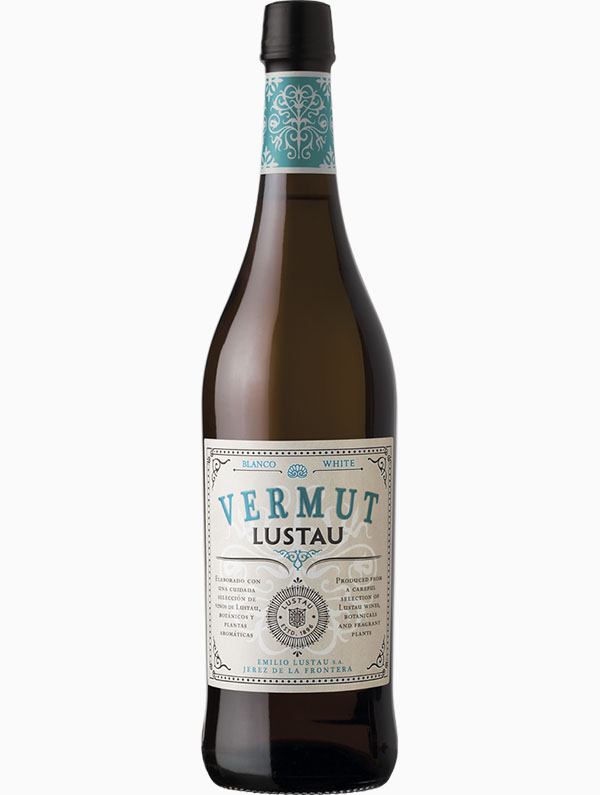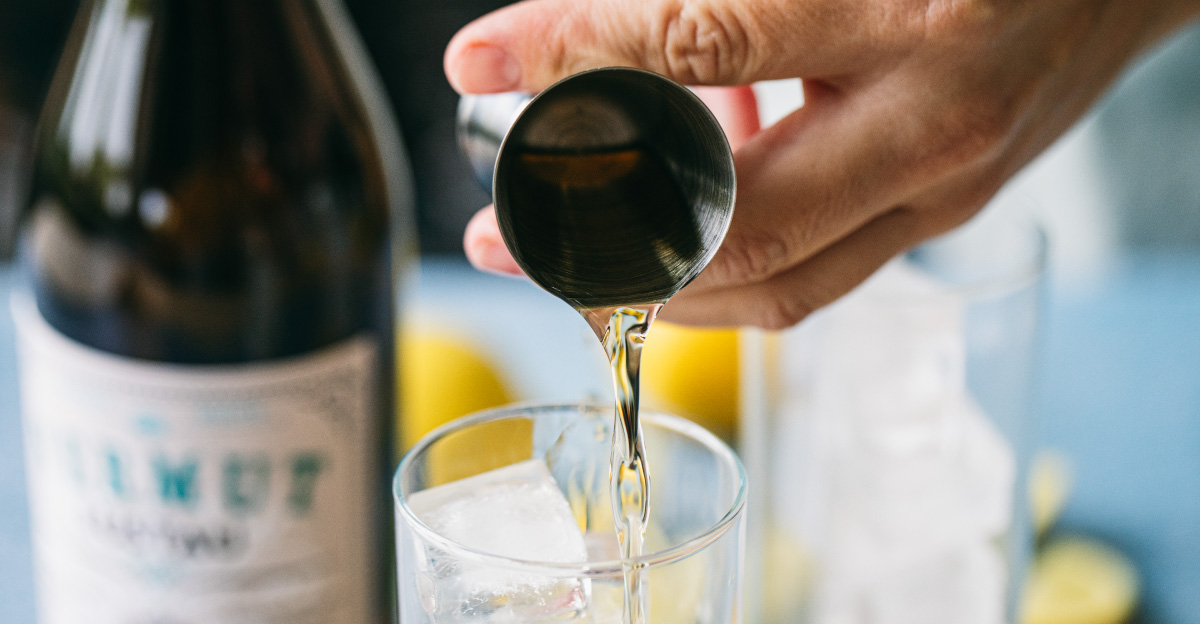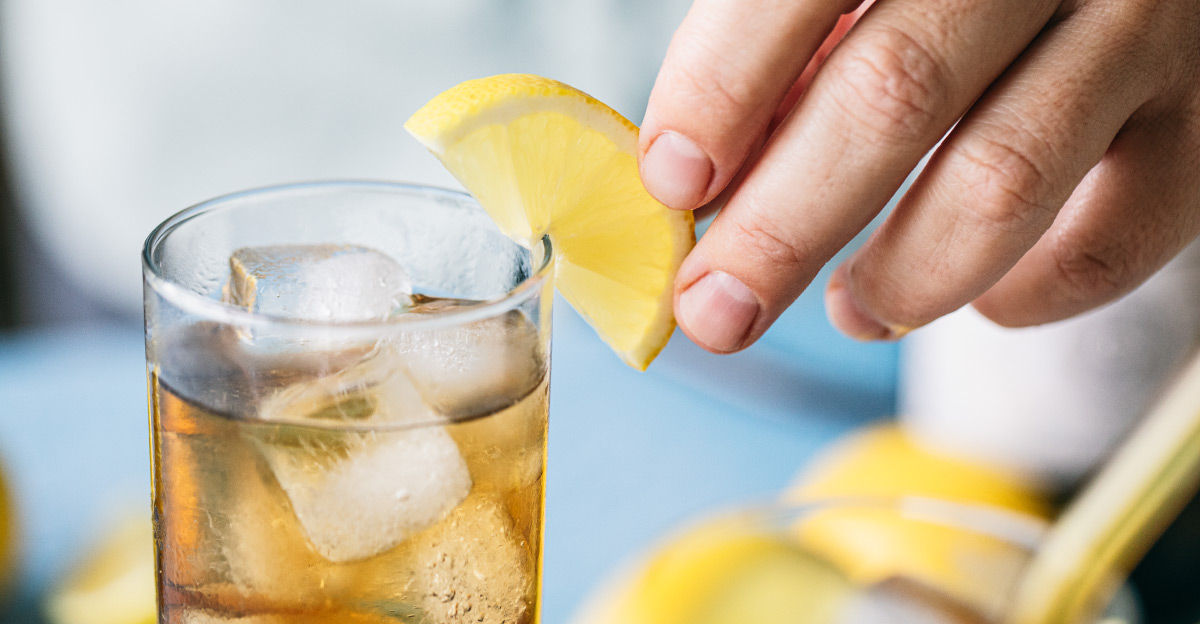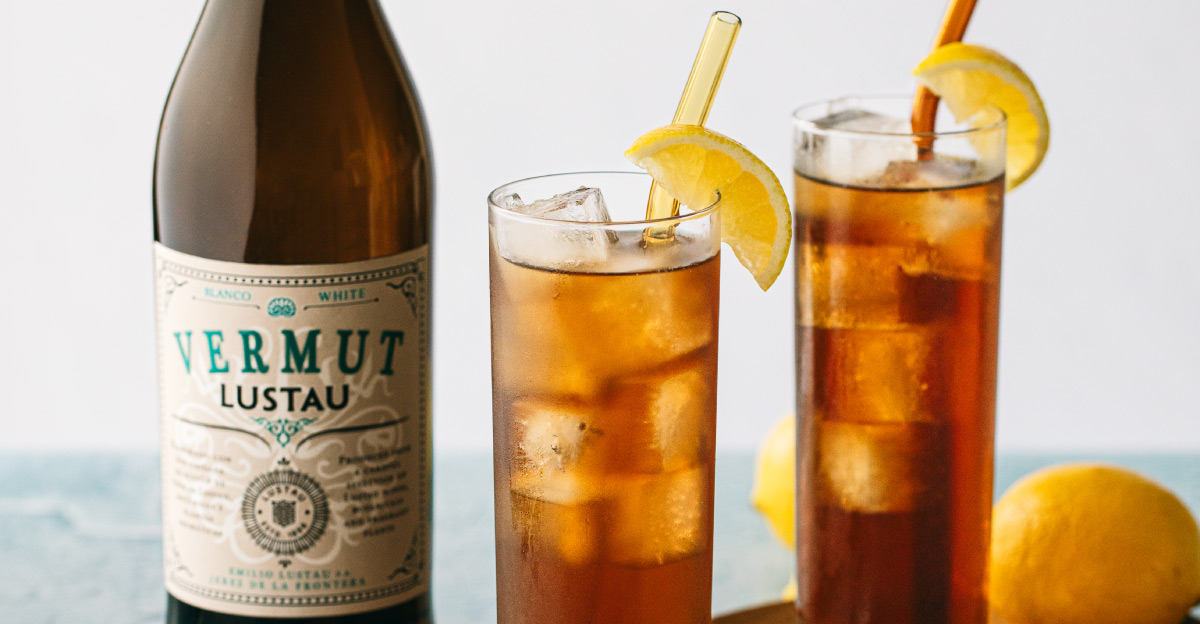Throughout cocktail history, we’ve been gifted with many wonderful creations that have stood the test of time and continue to be ordered and enjoyed today. Typically, when we think of these standout cocktails, we usually reference classy, pre-prohibition classics or inventive, new-age creations that have risen to the upper echelon of cocktail lore. However, there are a handful of cocktails that are deemed “trashy,” yet still have a loyal following and are recognized throughout the drinking world. The Long Island Iced Tea is arguably at the top of this list. A not-so-subtle blend of five different liquors and liqueurs with sour mix and a splash of coke, the Long-Island is usually ordered with one purpose in mind: to get the party started. Our take on this rebel-rouser of a cocktail utilizes a blend of Lustau products, which turns this cocktail to a low-abv sour that can be sipped for hours without too much punishment.
COCKTAIL: LONG ISLAND
Full Ingredients list
- .5oz Lustau Fino Jarana
- .5oz Vermut Lustau Blanco
- .5oz Lustau Amontillado Los Arcos
- .5oz Lustau Oloroso Don Nuño
- .5oz Pierre Ferrand Dry Curaçao
- .75oz Lemon Juice
- .75oz Simple Syrup
- Splash of Coke
- Garnish: Lemon Wedge
Recipe author: Steven Dragun

WHO INVENTED THE LONG ISLAND COCKTAIL??
Like most cocktails, the origins on the Long Island cocktail are somewhat muddy. The first claim for the invention of the Long Island goes back to the 1920’s in Kingsport, Tennessee. A man by the name of “Old Man” Bishop operated an illegal distillery on the Holston River in an area known as Long Island. His recipe was similar to the recipe used today but utilized whiskey instead of triple sec and added maple syrup to the cocktail. The other, and more widely accepted origin story belongs to Robert “Rosebud” Butt of Long Island, New York. Robert created the current recipe of the Long Island Iced Tea in the 1970’s for a cocktail competition that took place at the Oak Beach Inn on Long Island. “Rosebud” could have taken some inspiration from “Old Man” Bishop, but that claim is unsubstantiated which gives Mr. Butt the title of inventor of the Long Island Iced Tea cocktail.
WHY WHITE VERMOUTH IS THE BEST VERMOUTH FOR A LONG ISLAND COCKTAIL
Vermouth is used in our Long Island cocktail variation due to its herbaceous nature. There aren’t many ingredients that can replicate the taste and feel of gin, but a sweet, white vermouth comes close.
WHY IS VERMUT LUSTAU BLANCO THE BEST VERMOUTH FOR THE LONG ISLAND COCKTAIL
Vermut Lustau Blanco works particularly well in our Long Island variation due to its botanical forward flavor profile and Lustau fino base. The rosemary-gentian synergy dries out the palate nicely, which helps in mimicking the London dry gin that is traditionally used in a Long Island Iced Tea. The nuttiness of the fino will combine perfectly with other Lustau wines in the recipe, creating a solid mixture of textures and flavors.
HOW TO PREPARE A LONG ISLAND ICED TEA WITH SHERRY
1. Add all ingredients, except the coke, to a mixing tin.

2. Add ice, shake, and strain into a Collins glass filled with ice

3. Top off with Coke and garnish with a Lemon Wedge

FAQ
What glass is a Long Island served in?
The Long Island Iced Tea is traditionally served in a Collins glass. However, any glass that holds around 12oz of liquid will work just fine. A popular substitution for the Collins glass is a mason jar, so feel free to think outside the box when deciding which glass to use.
Why is it called the Long Island cocktail?
The drink gets its name from where it was created. Robert “Rosebud” Butt created the Long Island Iced Tea on Long Island, New York.
What is the best iced tea for a long island?
Despite the name, the Long Island Iced Tea does not contain any tea. Cola is used to top off the drink, which gives the cocktail a tea colored hue.
how many types of alcohol does a Long Island have?
There are five different types of alcohol in a traditional Long Island: vodka, gin, light rum, blanco tequila, and triple sec. Our take substitutes most of them by choosing fino (vodka), white vermouth (gin), amontillado (blanco tequila) and oloroso (light rum).







